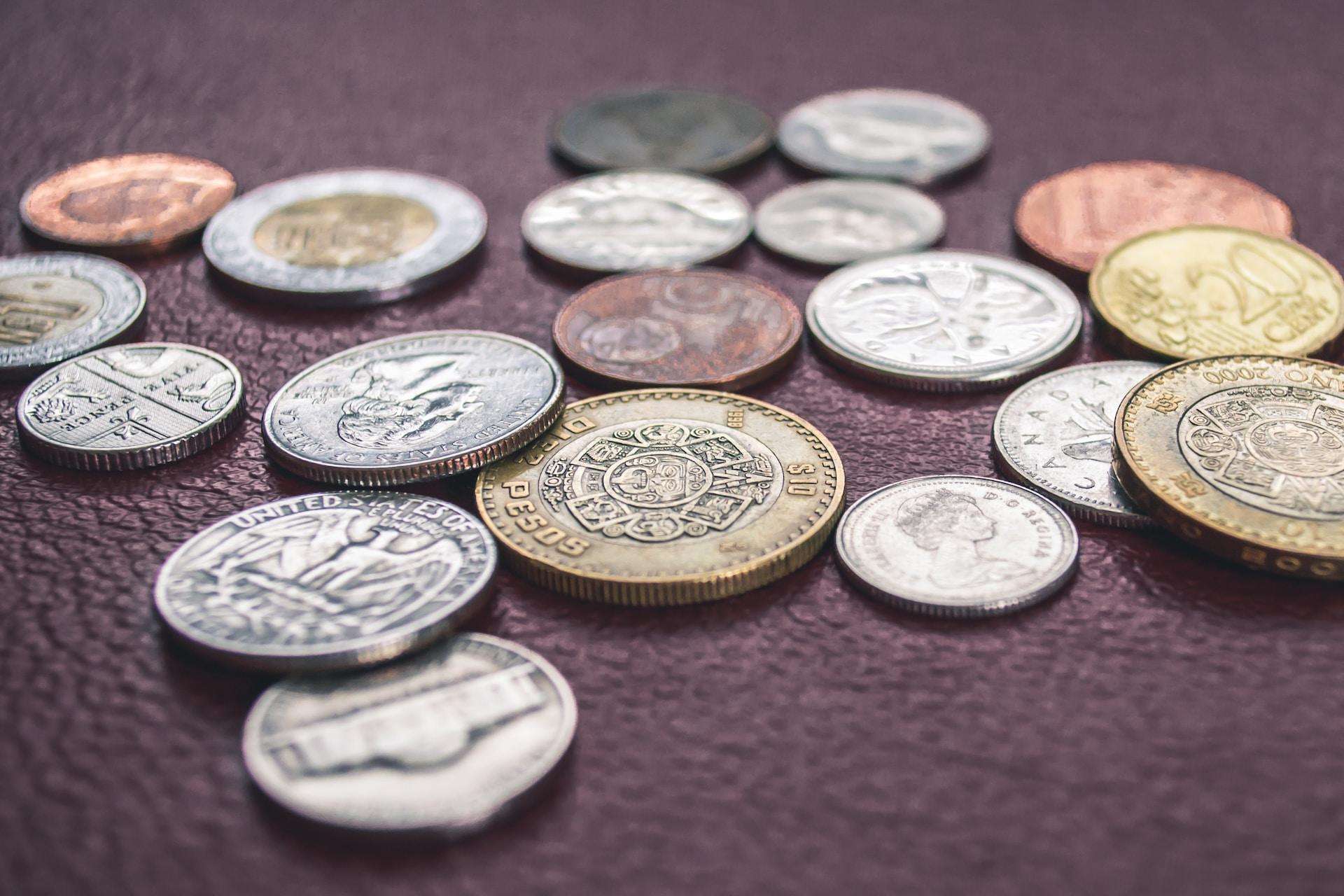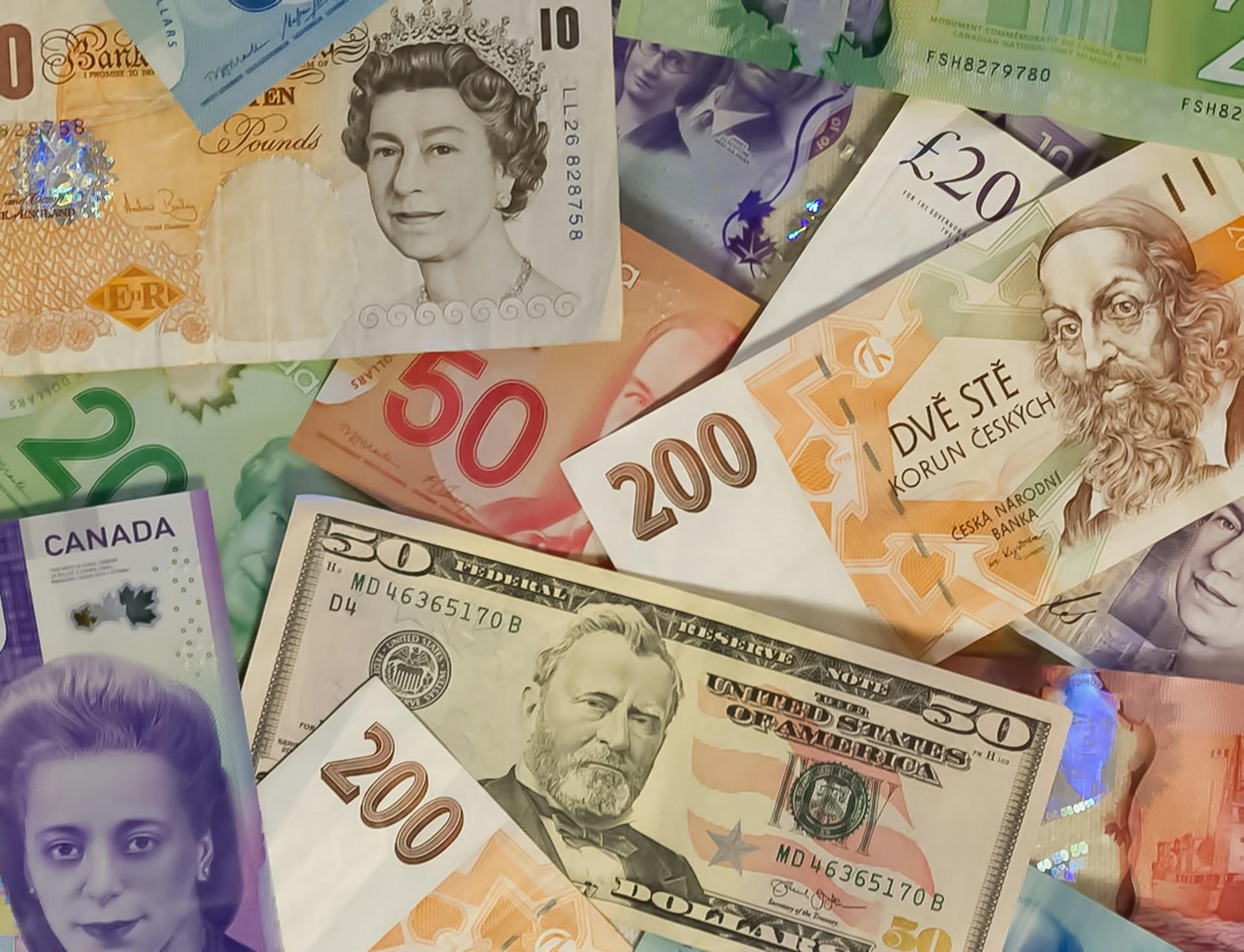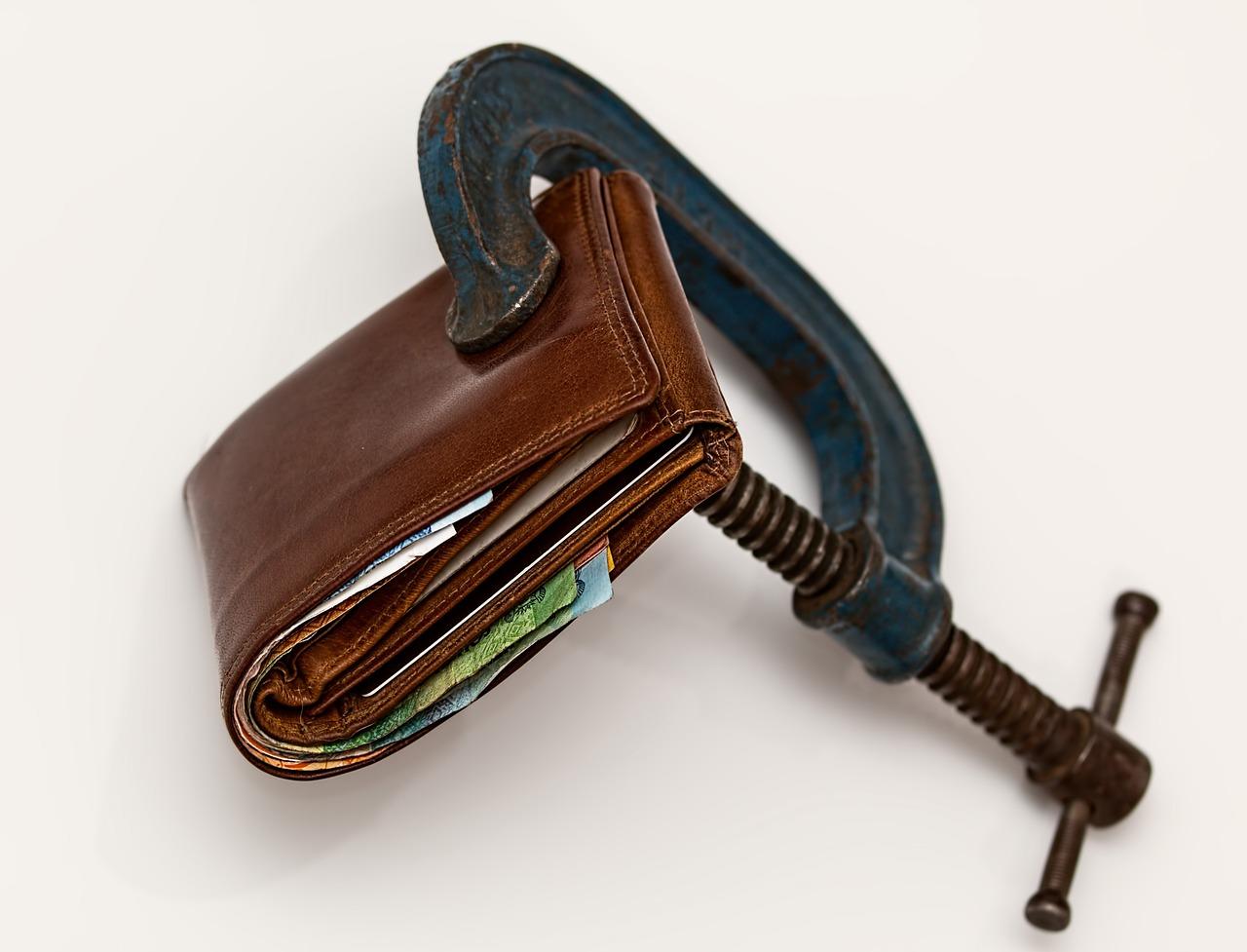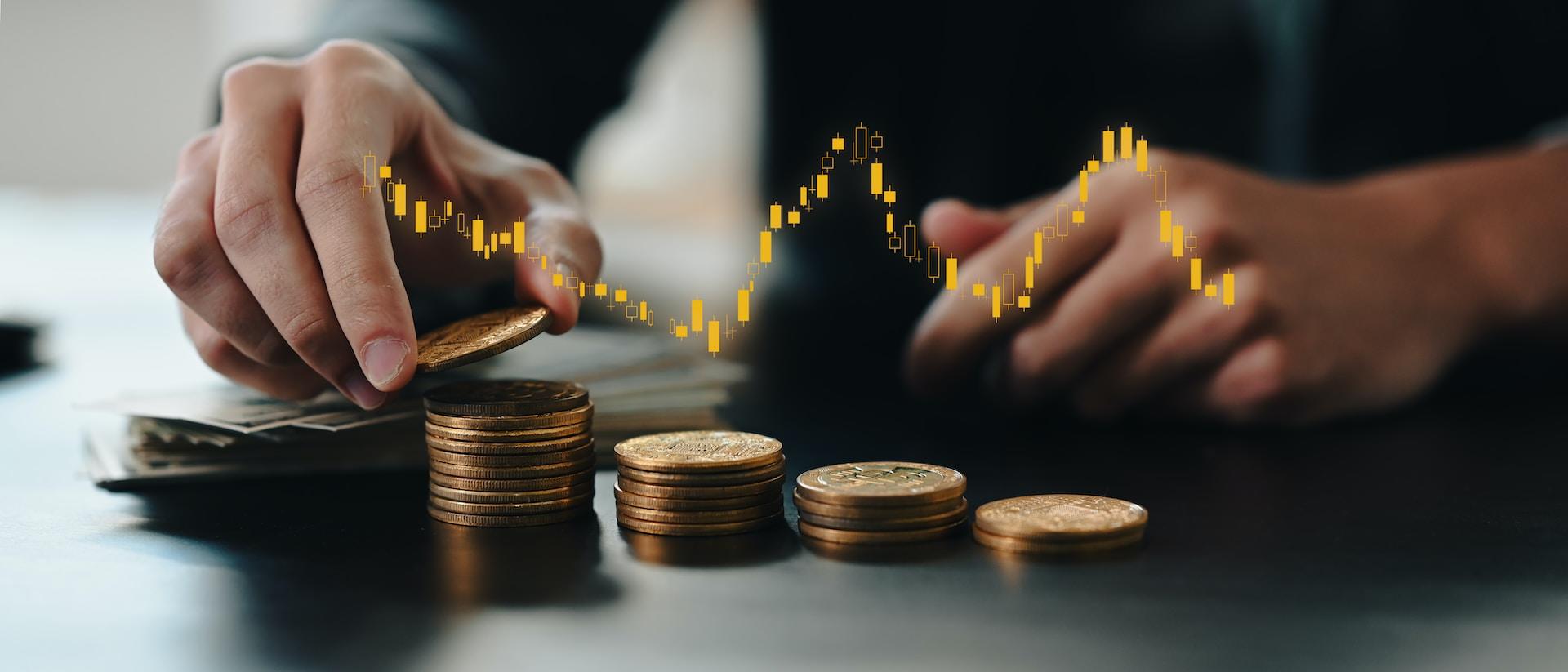For you and me and most everybody else, the world runs on United States dollars (USD). Seldom do we hear "It's a billion-pound industry!". The phrase is 'billion-dollar industry' no matter where in the world that industry's hub is and which currency the nation it trades in.
Besides the US and its territories, there are 11 countries that use the US dollar as their official currency. As you well know, we have our own currency, the Great British Pound (GBP). Slang aside, it goes by several names: GBPs, the sterling, the pound sterling or simply 'the pound'. So what did we mean by 'our world runs on dollars'?
Like practically every other country, we measure our currency's worth against the US dollar. This 'pound-dollar parity' informs investors and international traders how strong our currency is. The bigger the gap between the dollar's value to the pound sterling, the more favourable the exchange rate is for us. As long as the pound's value exceeds the dollars, of course.
The 2022 mini-budget is one of the rare times that the pound came close to falling below the US dollar. Typically, the pound hovers around £1.20 to the dollar; a 1.2:1 ratio. The GBP's strength against the dollar might be a saving grace against the USD's upcoming troubles. The dollar is in trouble?
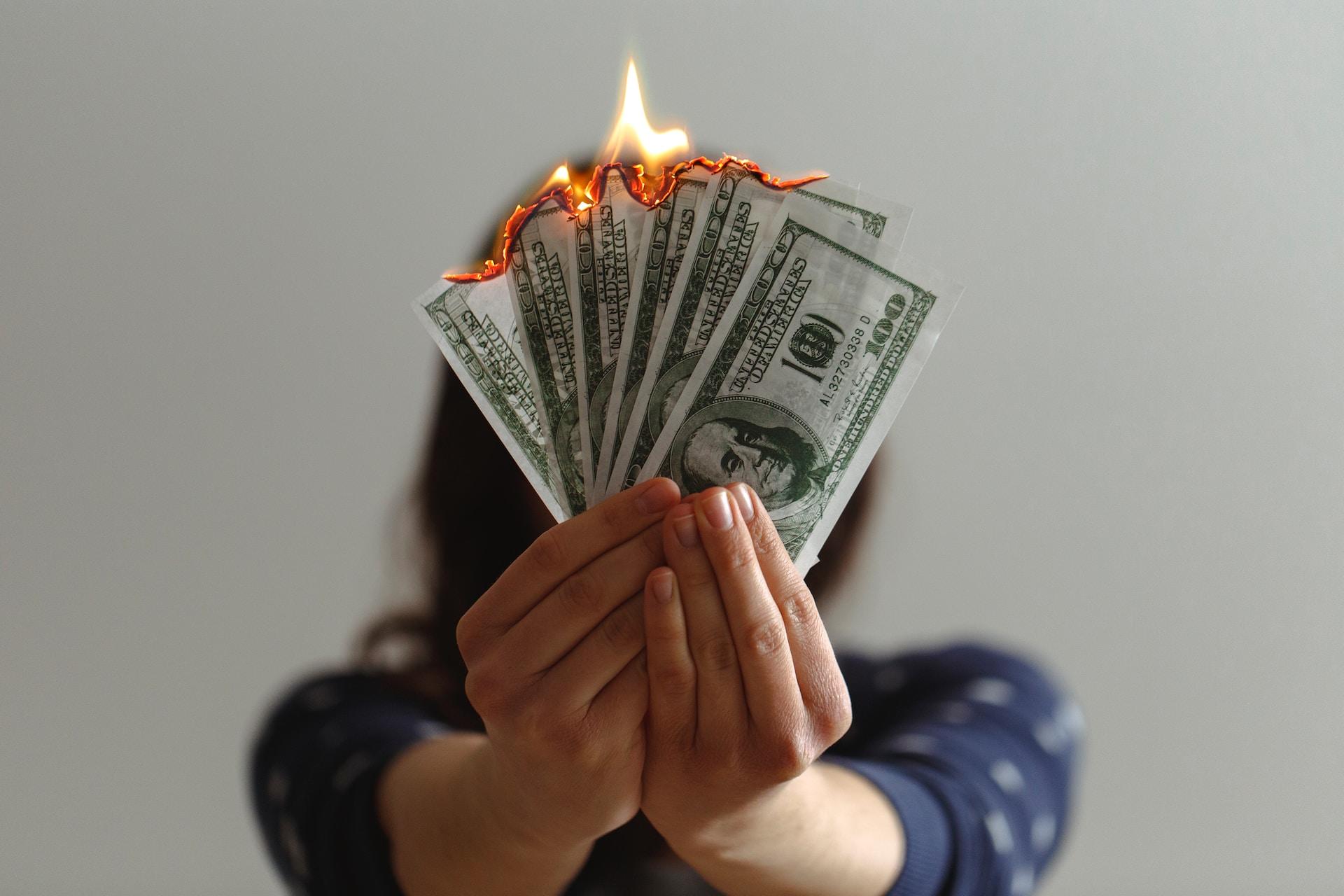
Why Dedollarisation?
Decades of financial mismanagement and spending vast, unaccountable sums have put the US economy and currency in a tenuous position. Funding global military action has depleted its coffers. Weaponising global financial systems against perceived enemies has shattered trust in US leadership. Failures in governance have convinced other nations that they shouldn't hold dollars in reserve anymore.
For these reasons and others, countries around the world seek to end the dollar's dominance. This getting rid of dollars - 'dedollarisation' (also spelt de-dollarization) has picked up speed over the past six months. The Israel-Palestine flashpoint has turbocharged dedollarisation efforts.
It would be both naïve and short-sighted to cling to historical financial norms for tradition's sake. With so many alarm bells going off, it wouldn't be wise to expect the USD to continue steering the global economy. We're not talking about ditching the US as an ally, of course. But our government and Central Bank must develop strategies to weather the impending economic storm:
- Our government must protect our currency's value
- British businesses must develop strategies to remain viable
- Our Central Bank must adapt to accommodate the emerging financial environment
- All of us must prepare for the greatest evolution in our pound sterling's long history
Does all this sound alarmist? Considering how we were caught flat-footed in 2008 and again with Brexit, all topped with a serving of pandemic shock, it's not alarmist enough. We need to talk more about dedollarisation and its potential effects.

Dedollarisation and the Pound Sterling's Future

UK shoppers are finding their money doesn't buy nearly as much as it did pre-pandemic. A lot of that has to do with the economic blows suffered over the last 20 years. But an increasingly larger share of the blame falls on US monetary policies. (Photo by Markus Winkler)
As mentioned in this article's introduction, world currencies and the GBP measure their worth against the USD. However, as nations shed their dollar holdings - another word for reserves, that currency will no longer be the benchmark of value. Another 'system' will take its place; the trouble is, nobody knows what it will be.
Economists and finance industry professionals weigh various replacements' pros and cons. For instance, another currency may take the dollar's place as a global reserve currency. But none have the reach and familiarity of the US dollar, not even the Chinese yuan.
Some pundits talk about a return to the gold standard - currencies backed by gold. That solution is impractical because of the uneven distribution of that precious metal.
In all, experts have outlined seven possible responses to global dedollarisation. Our government and Central Bank must formulate strategies to preserve our currency's strength through each one. Business and industry leaders must plan for their continued viability, too.
Business Impacts of Dedollarisation
Many European leaders contend that the US's Inflation Reduction Act is dirty pool. This Act intends to lure foreign tech companies to US shores through subsidies and other measures. Such actions effectively de-industrialise European nations and put UK manufacturing even further behind.

These tactics are not new. Microsoft's nearly two-year-long quest to buy Activision is the latest example of US tech firms wiping out any competition. Foreign competition is even more severely punished. Sanctions on China's tech industry serve as a current example of such.
Around the world, historians, business leaders and economists have concluded that US sanctions help drive dedollarisation initiatives. They further find that the US and its markets are increasingly isolated. They point to evidence that these sanctions punish trade and industry more than the sanctioned country or party. They negatively impact even US trade and industrial sectors.
No UK industry or person labours under US sanctions but those measures still affect our economy. For instance, sanctions against Iraq and Russia impact our our oil prices. That's one reason it's so expensive to heat our homes and put petrol in our cars.
Our business leaders must consider who they trade with and what they trade in lest they incur secondary sanctions. They should also think about bilateral trade deals using other currencies and alternate payment channels.
Trade volume is growing outside of dollar-dominated systems. UK companies must make themselves ready for a smooth transition to the new financial environment - whatever it may turn out to be.
Dedollarisation and Digital Currencies
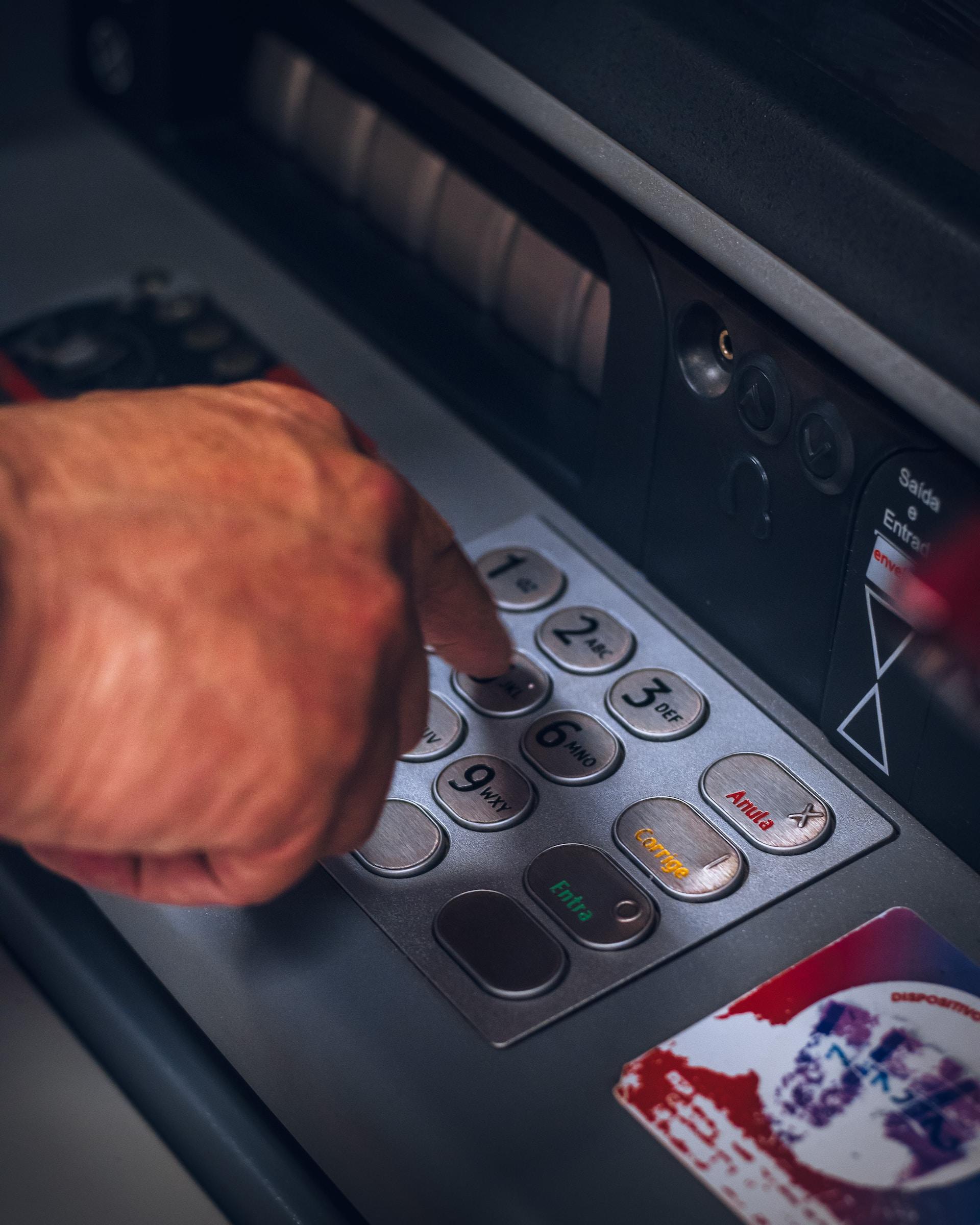
Bank cash machines may become relics as the financial sector moves into the digital realm. Our Central Bank is currently exploring the transition to a wholly digital financial system. That entails designing a Central Bank digital currency and building the supporting infrastructure. (Photo by Eduardo Soares)
Like dedollarisation, this change will not happen overnight. Indeed, the Bank of England (BoE) envisions a digital system that parallels our current cash-based system.
Many countries have already launched digital currencies; others are still in the trial phase. For instance in China, the paper yuan prevails; the digital yuan is only available in certain parts of China.
Digital currencies encourage dedollarisation more than punitive sanctions and that nation's struggling financial system do. If technology makes universal financial tokens possible, there is no longer any need to hold a trade currency in reserve. Nor is there any need to establish a dominant currency to assess other currencies' worth by.
The prospect of digital currencies opens up a world of new monetary and economic possibilities. We might, for instance, establish a global trade currency whose value ties in with the global gross world product. That's the same benchmark as a country's gross domestic product (GDP) but on a global scale.
Or we might peg this new digital currency to one market - maybe commodities like oil and grain, or tech sector markets. Industries would then exchange Central Bank digital currencies (CBDCs) for the global digital currency at a preset exchange rate for international trade.
These Central Bank digital currencies are not cryptocurrencies like Ethereum and Bitcoin. Those represent investment opportunities; they are subject to market volatility. The Bank of England will issue CBDCs because it is our central monetary authority. They will represent the same values as the coins and notes you're already familiar with.
Dedollarisation: a New Chapter in the Pound's History
Our Great British Pound is the world's oldest currency still in circulation. Established before 800 CE, our coinage has gone through many changes, including a pivot to gold and the addition of banknotes. But the biggest change took place in 1971. That's when our currency abandoned the old Roman system of accounting in favour of the decimal system. (Photo by Sarah Agnew)

We can find many reasons to unseat the dollar as the world's reserve currency. Many of them feature throughout this article. But nobody should cheer for the dollar's downfall. Dedollarisation's effects will be catastrophic not just for the US but for the global economy, too.
At one time, the British pound was the world's reserve currency; it held that position for about 150 years. Losing that status had devastating effects. Our nation plunged into austerity as, one by one, British territories declared their independence. The Second World War had a lot to do with postwar austerity but the dollar's rise as the global reserve currency put our pound on permanent twilight.
Soon, the US dollar will be usurped. Just as when our GBP was unseated, the US will suffer profound shocks. As it does, the global economy will quake, just as it did when we lost supremacy.
With dedollarisation efforts accelerating, it's worth reviewing our currency's history to relearn lessons once so painfully administered. Because we must prepare ourselves for the most consequential monetary change in our lifetimes. A change that will write a new chapter in our local and global economies.
Summarise with AI:

